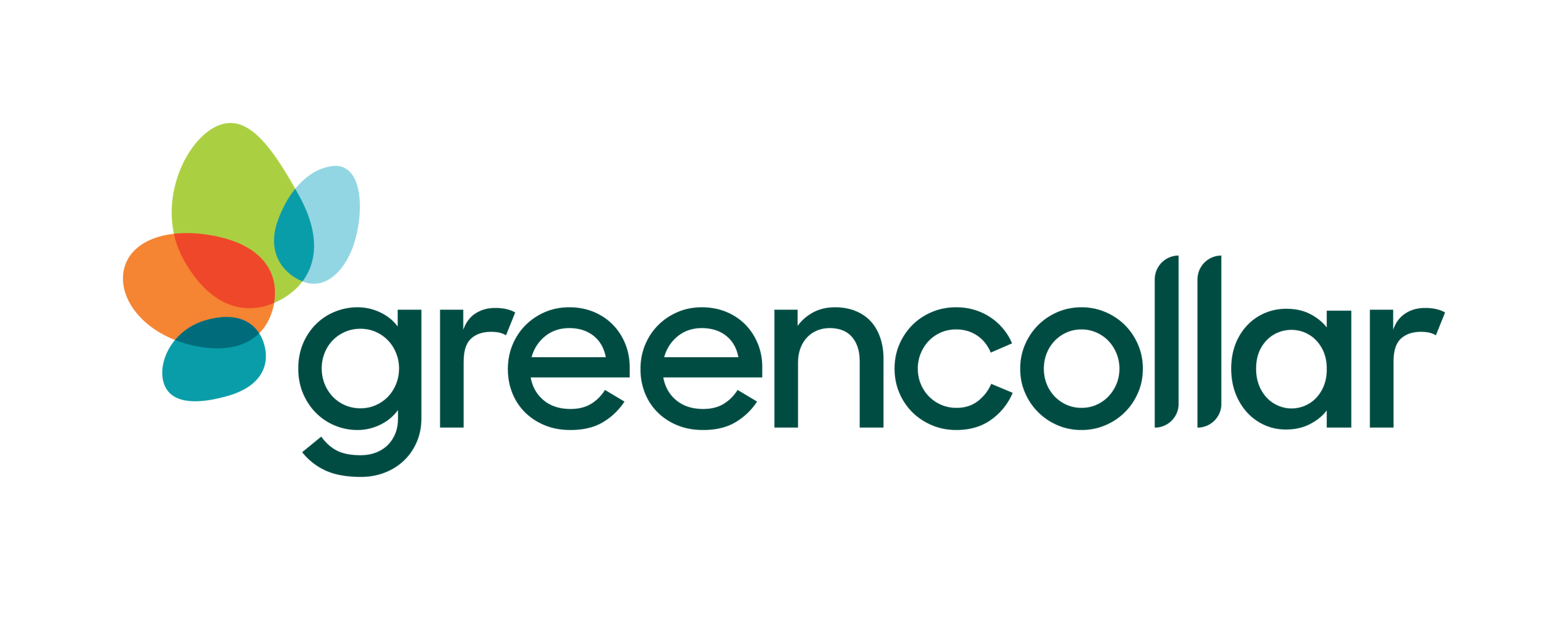Not all carbon offsets are created equal. And everyone from Queensland to Qantas, from Norway to Nestle, is in pursuit of them. According to the Carbon market Institute (CMI) Net Zero certifications have doubled since 2019 and RepuTex predicts the actual value of Australian Carbon Credit Units (ACCUs) is projected to double by 2030.
But as companies, governments, celebrities and even major airports clamour to offset their emissions, not enough questions are being asked about precisely where these offsets are coming from.
When it comes to carbon farming projects, quality is important. GreenCollar’s portfolio of projects stack values to deliver prospective buyers environmental solutions that not only mitigate climate but variously tackle biodiversity conservation, soil rehabilitation, invasive species management and water-quality improvement.
In the current carbon credit goldrush, where record highs have been recorded this year in both the EU and Australia, there has been, until recently, limited discussion around what determines quality in carbon offsets.
Quality in carbon credit projects is determined by the source and nature of the projects. GreenCollar’s projects definitionally have additionalities built into their design, so they are able to provide a range of environmental solutions beyond just climate mitigation. These additionalities, also known as ‘Co-Benefits’, aren’t—as the name may suggest—incidental. They are the social, cultural, economic and environmental windfalls created by carbon farming projects.
GreenCollar’s carbon farming projects have delivered a range of on-farm and on Country environmental benefits including biodiversity and habitat preservation through Avoided Land Clearing, soil remediation through changes in tilling and grazing practices, and flow-on cultural benefits from credits generated by sustainable burning practices.
For buyers wanting to enhance their environmental reputation, upgrade their Environmental Social and Governance (ESG) principals and continue to develop in accordance with UN Sustainable Development Goals (SDG) guidelines, the bottom-line benefits are well documented. As large companies flock to make Net Zero commitments, some have exposed their brand to risk by fulfilling their commitments using low-quality credits. But fortunately, as the industry continues to grow, assessing the quality of carbon offset projects is becoming easier, at least locally.
Projects wishing to generate ACCUs are verified by the Carbon Market Institute (CMI) Carbon Project Registry, which assesses all eligible carbon projects, from sustainable Savannah burning to vegetation management projects and provides a description and contact point for prospective ACCU purchasers. And quality matters from the demand side of the market as well as supply.
The quality of their carbon farming projects is what truly differentiates GreenCollar from other industry players. Not only does their attention to quality deliver a range of benefits to varied environmental concerns, but also visits enhanced benefits to land managers and a comprehensive brand story for investors looking to publicise their environmental successes.
Updated 27 May 2025

